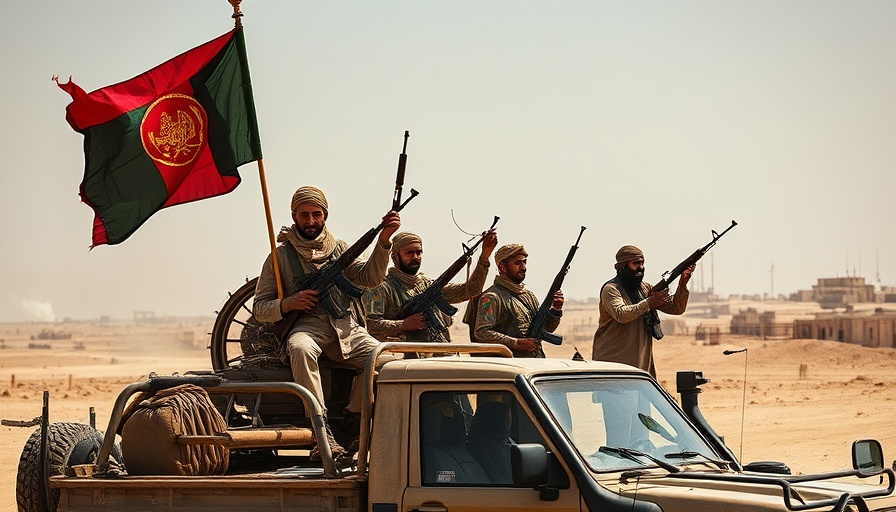
The Dangers of Underestimating Gaza's Impact on Israel
Amidst rising tensions in the Middle East, Israel's recent cabinet decision to occupy Gaza City may be a pivotal moment, potentially leading the nation into a precarious situation often likened to a 'death trap.' Much historical precedent suggests that such military interventions, particularly in urban centers with embedded terrorist organizations like Hamas, yield more complexity than success.
Over the past two years, Israel has faced significant military attrition. The psychological and social toll of ongoing conflict has created divisions within the nation, complicating its ability to present a unified front during these turbulent times. As pressure mounts both domestically and from the international community, one must ask: can Israel achieve its stated objectives without incurring irreversible consequences?
A Common Thread: Historical Context and Lessons from the Past
History is replete with examples where occupying forces have struggled to achieve peace in densely populated areas. The U.S. military intervention in Iraq and the NATO-led forces in Afghanistan serve as reminders that military strength does not equate to secured peace. As the global legitimacy of Israel continues to wane, it becomes necessary to scrutinize whether this course of action could mirror past blunders in conflict resolution.
Humanitarian Concerns and Ethical Implications
In addition to military concerns, engaging in such a costly venture raises serious humanitarian issues. Numerous reports indicate that the civilian population of Gaza has already endured harrowing conditions amid persistent blockades and violence. For mission-minded Christians and social justice advocates, the moral implications are troubling. It is crucial to recognize that humanitarian support must include a commitment to protect the civilians caught in the crossfire. As advocates for mercy and justice, one must consider how an occupation affects these innocents.
The Role of International Communities in Conflict Resolution
As Israel embarks on this bold decision, the response from the international community will be critical. Advocates for peace might question whether global players have a responsible role to play. Countries in the region and beyond should act not only as mediators but also as conscience-bearers, reminding Israel of its obligations toward Palestine and urging them to consider peaceful negotiations that prioritize human dignity.
Path Forward: The Need for Cautious Diplomacy
Going forward, Israel's decision-makers hold a vital role in determining not just the fate of their country, but also the ongoing stability of the Middle East. Cautious diplomacy and clear communication may serve as essential tools to mitigate the risks associated with military escalation. Engaging in dialogue with neighboring nations and international organizations could foster an environment conducive to peace without resorting to aggressive measures.
Awareness and Action: What Can We Do?
As globally aware Christians and humanitarian-oriented individuals, it is imperative to stay informed and engaged. Educating ourselves about the Israeli-Palestinian conflict equips us to empathize more deeply with all those affected. Furthermore, we must advocate for peace, supporting organizations that provide humanitarian relief regardless of political divisions. Active involvement can ensure that our voices help build a future marked by compassion rather than further conflict.
 Add Row
Add Row  Add
Add 








Write A Comment